Turkey: Despite Hostages' Release, Ankara's ISIS Crisis Continues
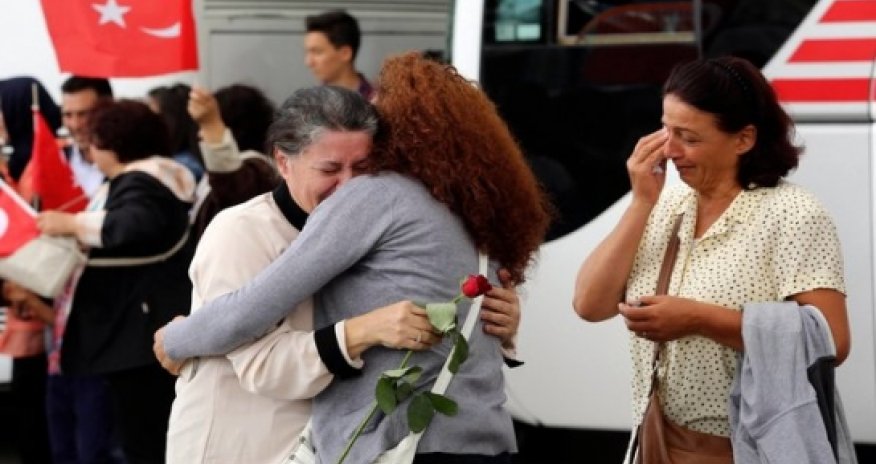
Certainly, despite the good feelings created by the release, major questions remain about just how Ankara was able to get ISIS to give up a group that provided it with enough leverage to keep Turkey out of the military efforts against the extremist organization. Turkish officials have insisted that no ransom was paid, but reports in the Turkish press suggest that the hostages' release may have been part of a simultaneous release of ISIS members being held by another rebel group in Syria. But with the hostages now free and American-led airstrikes against ISIS targets in Syria now taking place, the even bigger question facing Ankara is whether it will now join the fight against the group -- as Washington has said it would like it to do -- or maintain its increasingly awkward noncommittal position? Writing in Foreign Policy, Lehigh University professor and Turkey expert Henri Barkey suggests that the end of the hostage crisis does not necessarily provide Ankara with a free hand to confront ISIS. From his piece:Between the hostages IS has captured and the important residual support it commands in Turkey, the jihadist group has managed to significantly restrict Erdogan's room to maneuver. The natural policy for Turkey now is to sit on the sidelines -- but as the fight against IS escalates, Turkey could find itself under increasing pressure to be drawn in. Will this resemble 2003? Then, the Turkish parliament, despite the Ankara government's efforts in support, voted down a resolution that would have allowed American troops to cross into Iraq through Turkish territory. That decision cast a shadow on Turkish-American relations as the United States struggled to control post-Saddam Iraq. Turkey's dilemma, in short, is that it has lost the initiative to IS; while it has rescued its hostages, it still remains hostage to IS.While Ankara considers how to deal with ISIS in the wake of the now ended hostage crisis, the extremist group is busy creating more trouble for Turkey, this time by attacking a predominantly-Kurdish area of northern Syria, a development that has led to a flood of some 130,000 refugees coming across the border. One way or another, it appears ISIS's actions in Syria and Iraq will spill over into Turkey. For Ankara, staying out of the combined western and regional effort to undermine ISIS may ultimately not be an option.(eurasianet.org)Bakudaily.Az

























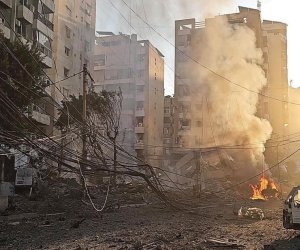

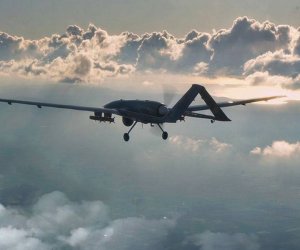
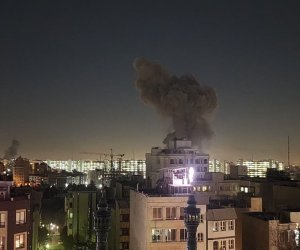
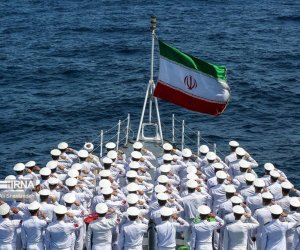


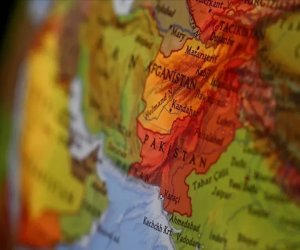



 Photo
Photo 



 Video
Video 

